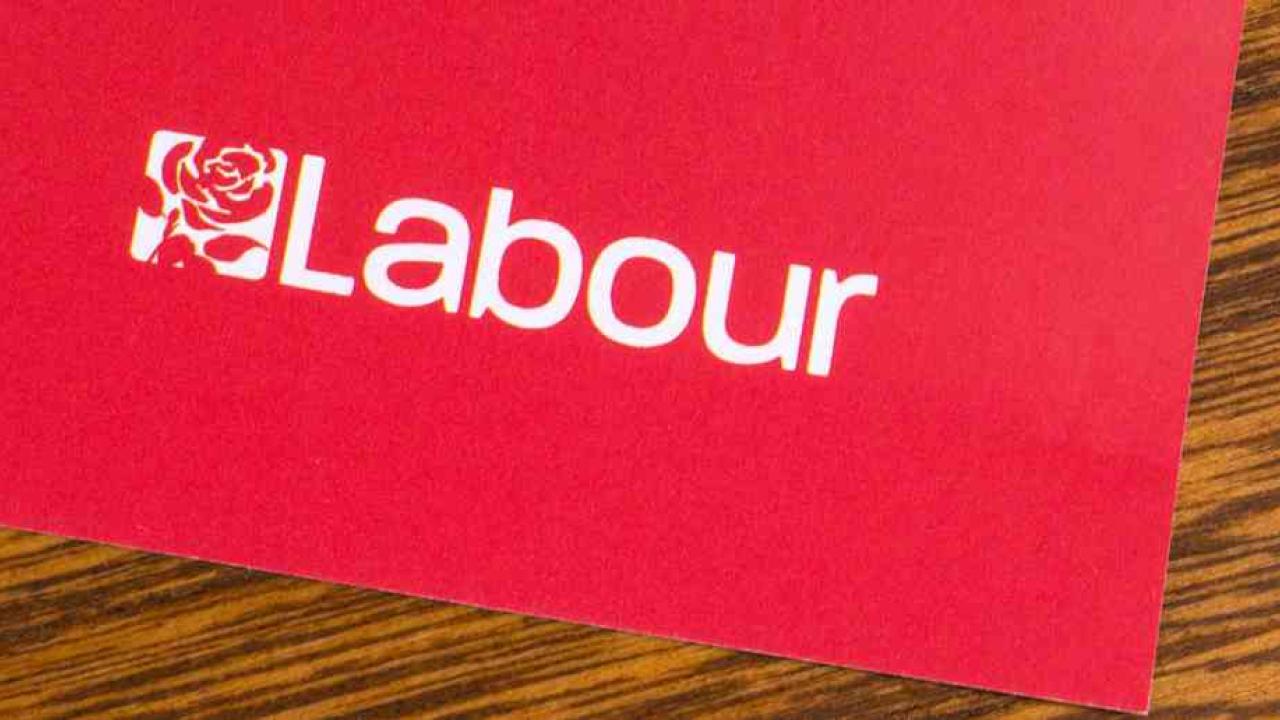The Labour Party has won the general election, with Kier Starmer to take the role of prime minister from Rishi Sunak.
This is the biggest loss the Conservatives have ever faced in their history.
The Labour Party had pledged in its manifesto to bring back the ban on the sale of cars with internal combustion engines to 2030, after former Prime Minister Rishi Sunak delayed the ban by five years.
It also says it will support the transition to electric vehicles by accelerating the roll out of charge points and support the second-hand electric car market by standardising the information supplied on the condition of batteries.
Mike Hawes, Chief Executive of the SMMT, who represents the automate industry, said: "We congratulate Sir Keir Starmer and the Labour Party on their election success. The new government’s commitment to an industrial strategy and its already published Automotive Sector Plan can boost manufacturing competitiveness, enhance trade relations and support consumers.
"The industry is fundamental to the achievement of net zero which, with the right conditions, will deliver the growth the economy needs. We now look to continue our productive partnership with government to ensure the long-term success of the sector and all those who depend on it for their mobility, services and livelihoods."
Adam Hall, Director of Energy Services at Drax Electric Vehicles urges the new government to incentivise electric vehicle businesses: “The new Labour government’s priority must be to build on the growing momentum towards Net Zero and to support the EV industry to develop in a way that makes it work for everybody. Fast and accessible charging for all vehicle types – including vans and HGVs – along with government grants and subsidies are a key part of instilling confidence among businesses and consumers, making the prospect of switching to an EV an attractive one.
"Fleet-operating businesses, who continue to be the driving force behind EV market growth, require clarity around future rates and taxes to help inform their decision-making. We’d therefore urge the government to prioritise the publication of Company Car Tax (CCT) rates for 2028 and beyond and give confirmation that the Plug-In Van Grant and Workplace Charging Scheme will continue past March next year.
"At the same time, we’d ask them to explore other ways in which we can reward and incentivise businesses who invest in EVs and renewable energy infrastructure."
Sue Robinson, Chief Executive of the National Franchised Dealers Association (NFDA) which represents car and commercial retailers across the UK, said: “The automotive retail industry has highlighted critical issues including restimulating the private electric vehicle market, addressing the ongoing skills shortage, and improving electric vehicle charging infrastructure, among others.
“NFDA will immediately engage with the new Labour government on these key issues, reaching out to Parliamentarians as the new Cabinet begins to form.
“The next few months and years will be pivotal for our industry. It is essential that the new government works with NFDA and the automotive sector throughout the UK to offer robust support on these key issues while unlocking the dynamic potential of this sector.”
The Institute of the Motor Industry commented: "The Labour party clearly identified its understanding of the importance of skills for UK infrastructure in its manifesto; it was also the only party with a dedicated Automotive policy which recognised the contribution the motor industry will play in achieving net zero goals.
"With a stated plan to allocate £1.5 billion to new gigafactories, as well as restoring the phase-out date of 2030 for new cars with internal combustion engines, clearly there is no time to lose in addressing the current challenges around further education and apprenticeships, as well as uplifting skills in the sector.
"The IMI will therefore aim to work closely with the relevant ministers as they are appointed, as well as the departments that will influence future education, skills and automotive policies, representing the interests of its members and the wider road using public to ensure UK automotive remains a global leader."
BVRLA Chief Executive, Gerry Keaney said: “The change of government brings a change of direction. After a period of great political uncertainty, the industry collectively hopes for stability that will allow action to be taken and progress to be achieved.
“The time for blanket decarbonisation policies has been and gone. As the transition towards cleaner, greener vehicles evolves, the need for specific interventions becomes clear. Up to now, powerful tax incentives for company-provided cars have accelerated adoption among fleets but left retail and rental lagging. For the transition to be embraced by all sectors, targeted action is needed. Charging infrastructure, the used market, and vans are just three of the areas demanding closer attention.
“Guided by our members, we will continue to be a clear voice for the sector and its needs. Our work around the rental sector, used BEV market and transition to electric vans will ramp up as we continue to grow our influence with the Labour government and the key departments shaping UK transport.”


